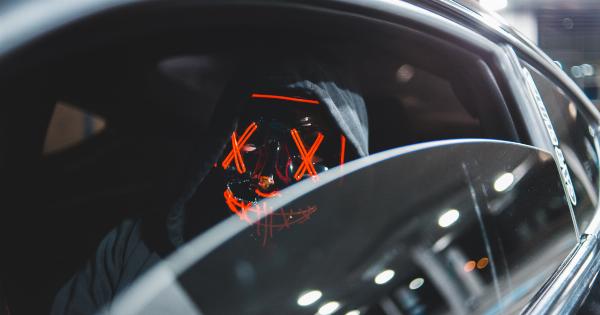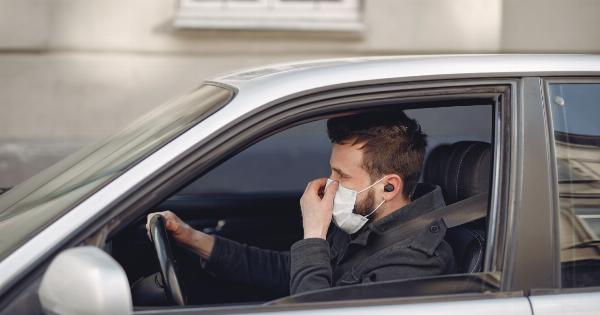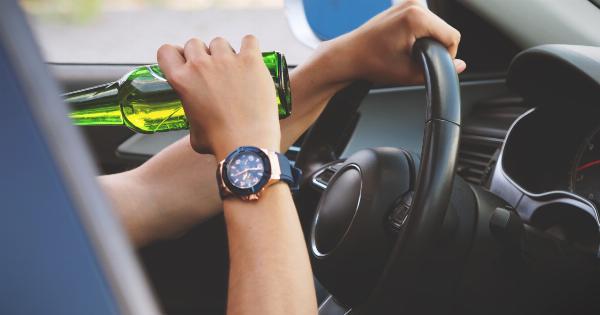A recent study conducted by The Institute of Advanced Motorists (IAM), a UK-based group dedicated to road safety, has found that eating lunch before getting behind the wheel can impair a driver’s reaction time by up to 44%.
The study, which analyzed the response times of 12 drivers in a simulator, is urging drivers to think twice about eating big meals before driving.
The study at a glance
The study involved 12 drivers, all experienced and licensed, who were asked to perform a series of tests based on the Royal Society for the Prevention of Accidents (RoSPA) guidelines.
The drivers were then given a meal equivalent to a large Burger King Double Whopper with cheese, fries, and a drink, and asked to perform the same tests an hour later.
The results showed that the reaction time of the drivers was significantly impaired. The average reaction time of the group was 505 milliseconds before eating, which decreased to 791 milliseconds after lunch – a 44% decrease.
The study also found that the drivers’ ability to maintain a constant speed, their lane positioning, and their steering ability were all affected after eating.
Why does eating lunch affect drivers?
According to the researchers at IAM, the reason why eating affects driving is due to the body’s physiological responses to eating.
When we eat, blood flow is redirected from the brain to the stomach and the digestive system, which can lead to a decrease in cognitive functioning and reaction time.
Additionally, eating a large meal can cause a “food coma” effect, where the individual feels drowsy and lethargic due to the amount of energy required to digest the meal.
This can lead to impaired driving, as the driver may struggle to stay alert and focused on the road.
What can drivers do to avoid this?
The IAM is advising drivers to avoid eating a heavy meal before driving, especially if the meal is high in fat or sugar.
Instead, drivers are encouraged to eat light meals that contain low glycemic index foods such as fruit, vegetables, and whole grains.
Other tips include taking short breaks during long journeys to avoid fatigue, drinking plenty of water to stay hydrated and alert, and avoiding alcohol and other drugs that can impair driving ability.
Conclusion
While it’s not surprising that eating a large meal can affect driving ability, the extent of the impairment revealed in the IAM study is concerning.
With road accidents already a major public health concern, it’s important that drivers take steps to minimize their risk of getting behind the wheel when not at their best.
By being mindful of their eating habits, taking adequate breaks during long journeys, and avoiding any substances that can impair driving ability, drivers can help to reduce the risk of accidents and keep themselves and others safe on the road.































